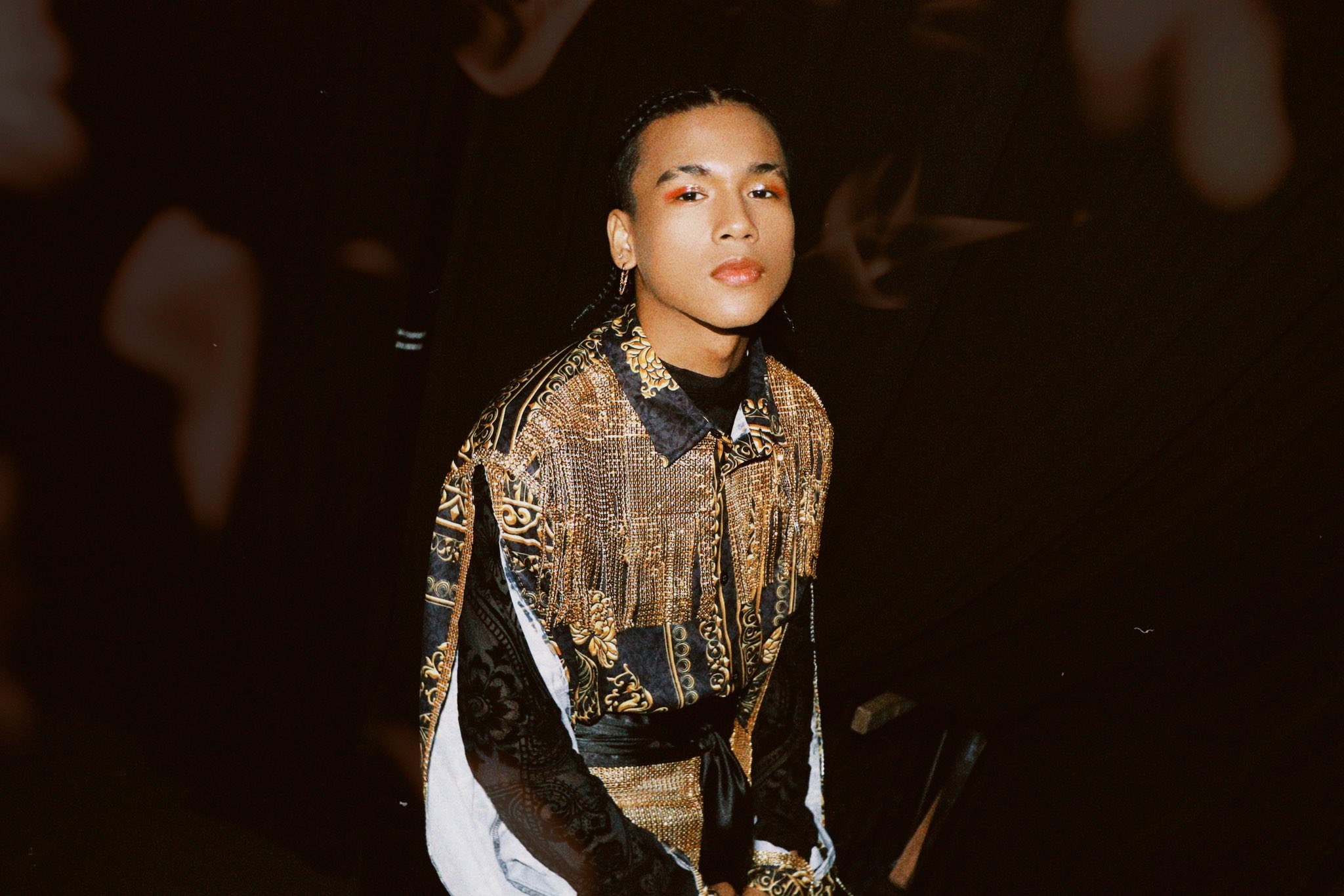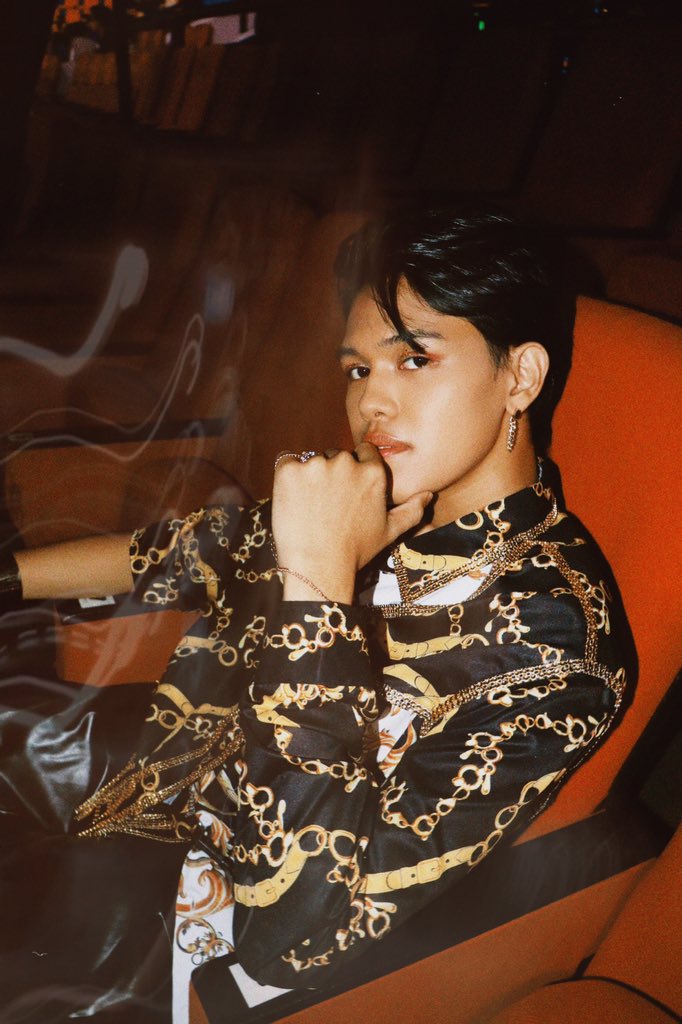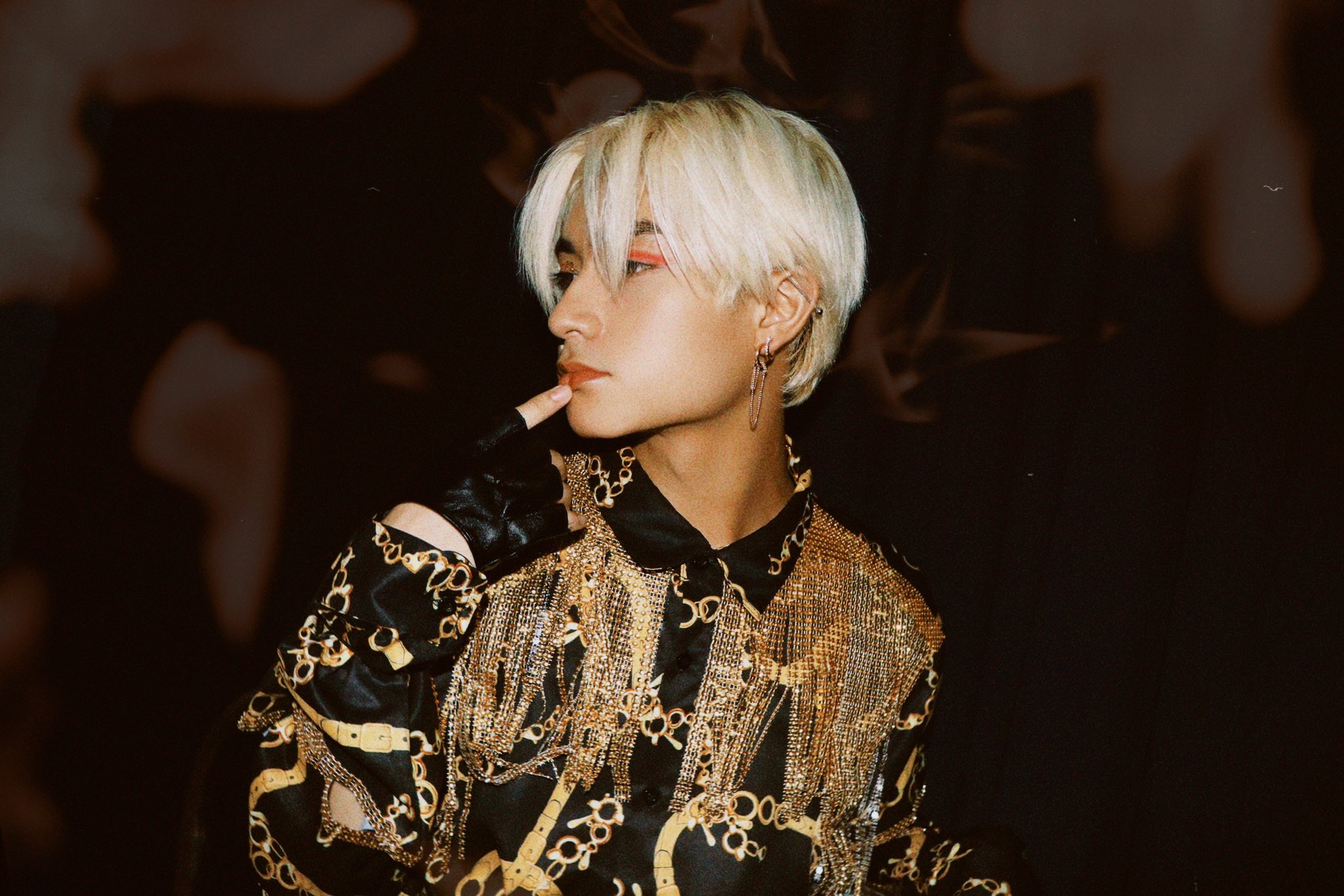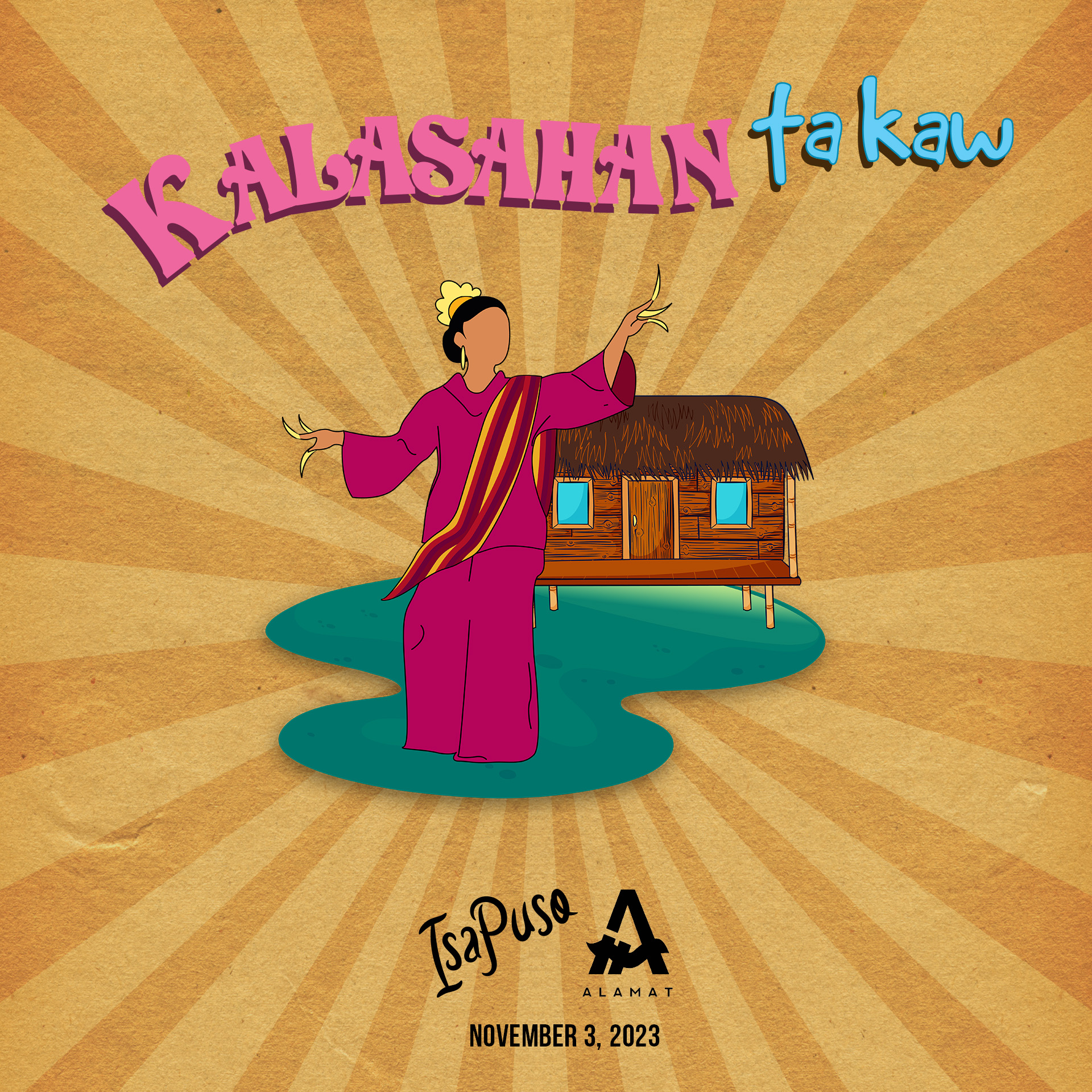Pinoy Pop with a Purpose

We are not here just to entertain, but to also use pop music as a means of telling the world about our people and our nation. The time of burying the Filipino identity just to gain the approval of the rest of the international community—and also the approval of fellow Filipinos who have strayed away far from their heritage—is over.
Languages, not Dialects
What really makes Alamat stand out is their multilingualism. Aside from Filipino or Tagalog, other Philippine languages are rarely featured in the country's mainstream media. In fact, it's much more common to hear foreign languages than to hear Ilocano, Kapampangan, or any other regional language in Filipino popular music, film, or television. Aside from that, many Filipinos think that these regional languages are merely "dialects." It is part of Alamat's advocacy to debunk this misconception and thus, they incorporate several Philippine languages in their songs. Moreover, they create Philippine language comparison videos, the first of which also features a professor's explanation regarding the difference between languages and dialects.
Dialects are simply regional variations of a language which does not hinder comprehensibility (e.g. A Tagalog speaker from Manila can still understand a Tagalog speaker from Batangas despite a few differences in accent, grammar, word choice, and so on). On the other hand, two people are considered to be speaking different languages if they are not able to understand one another (e.g. Ilocano is a different language from Tagalog because a person who only speaks Tagalog cannot understand Ilocano).
Until now, Alamat continues to promote Philippine languages through their music, personal introduction, and other content.







Check out Alamat's multilingual songs here:
Multiethnic Representation
From the very start, Alamat was already conceptualized to be a multilingual and multiethnic boy group that will promote and showcase the diversity of Filipino culture. Hence, the management held a nationwide search and chose 9 members to represent their respective provinces from Luzon, Visayas, and Mindanao (the three major island groups of the Philippines). Currently, there are 6 remaining active members in the group.

Members

Taneo
Brylle Jordan Sebastian Uyam
May 31, 2000
Ilocano/Kalinga

Tomas
Thomas Franco Torre Rodriguez
June 27, 1998
Bicolano

Mo
Aaron Joshua Baldos Mitchell
January 30, 2002
Filipino-Black American

R-Ji
Ralph Joseph Baleña Lim
November 8, 1999
Waray-Waray

Jao
Justin Paolo Paras Canlas
December 26, 2002
Kapampangan

Alas
Joshua Magsilong Alvarez
March 28, 2001
Mindanawon/Bisaya
Former Members

Kin
Jose Joaquin Sta. Maria Canlas
June 17, 2000
Tagalog

Valfer
Valfer Javellana Alo
June 21, 2000
Hiligaynon

Gami
Martin Lusica Gambuta II
January 28, 2002
Boholano























